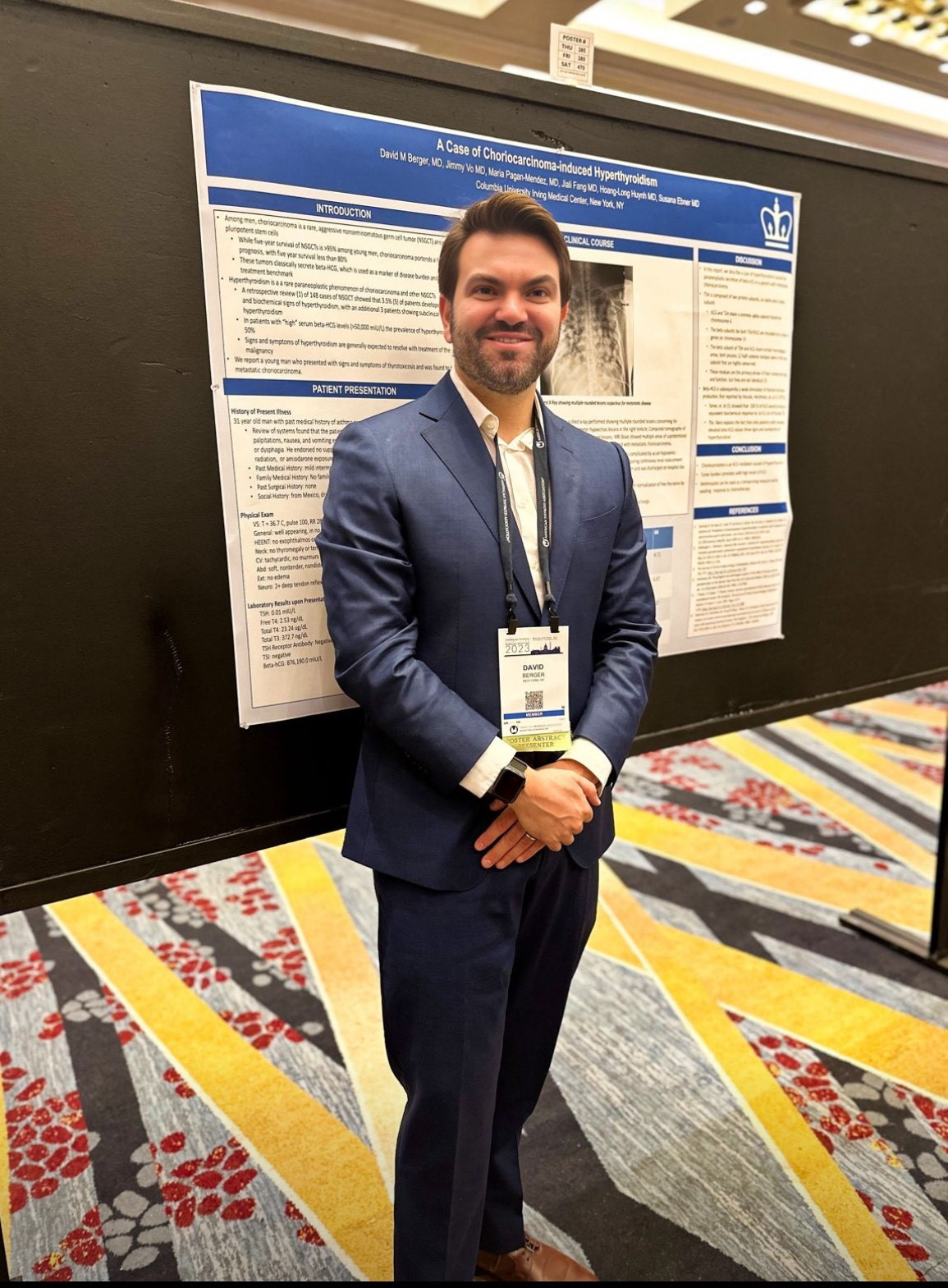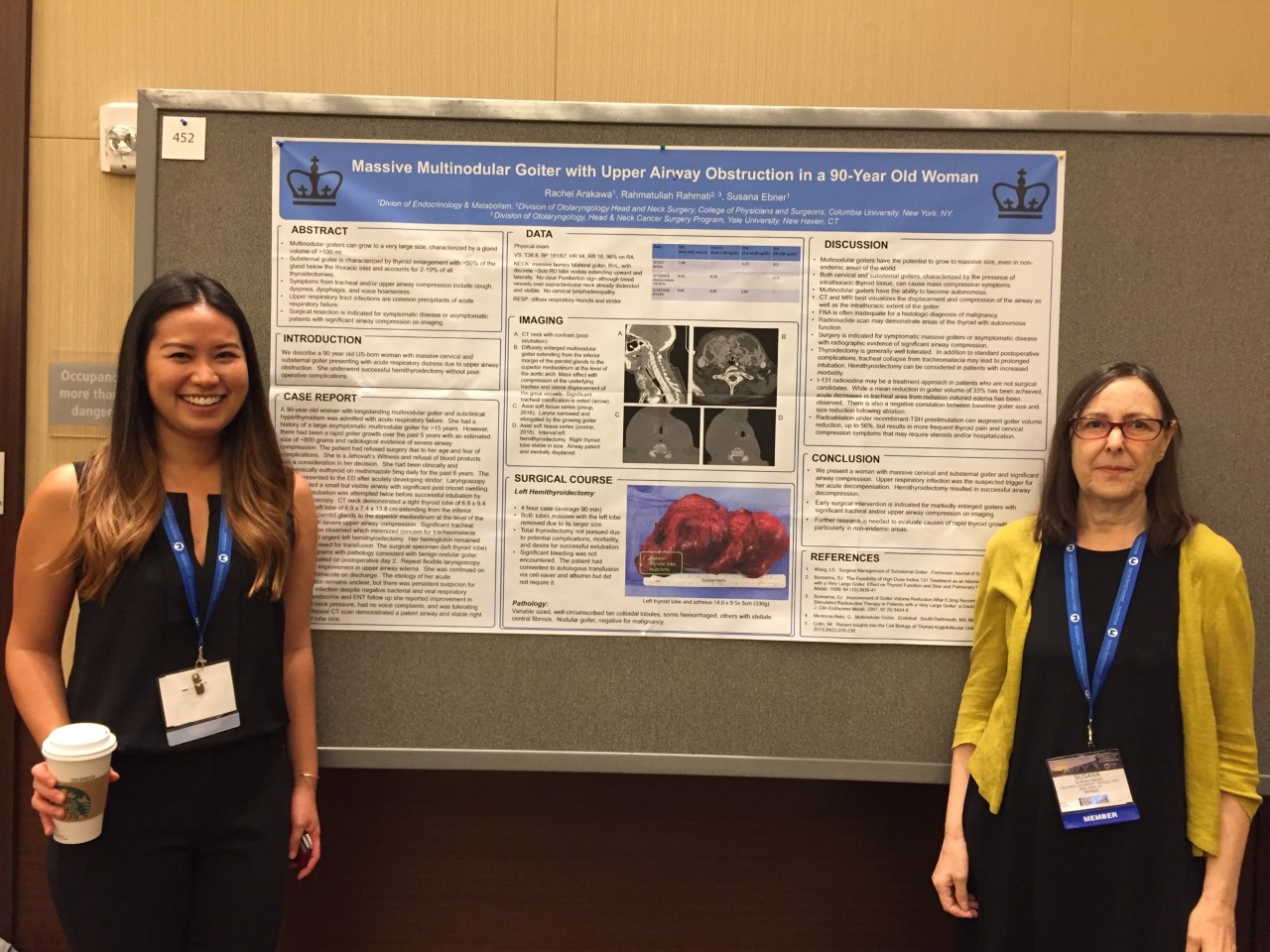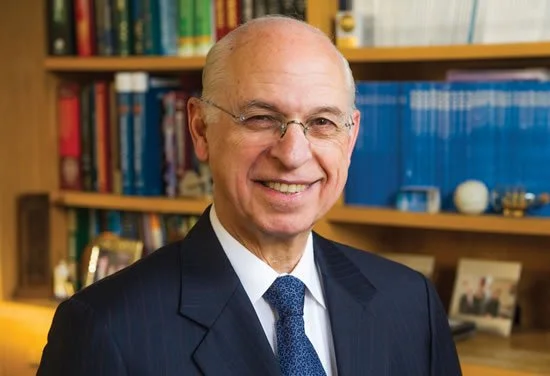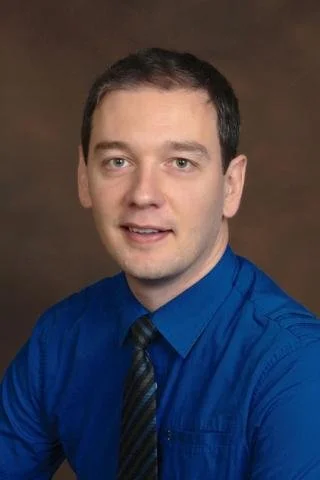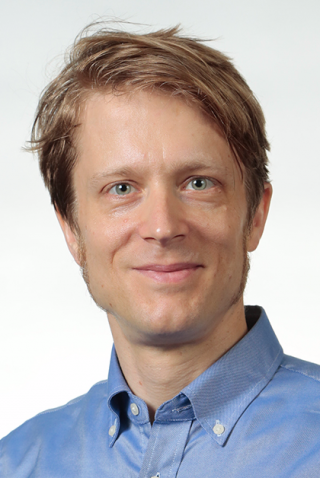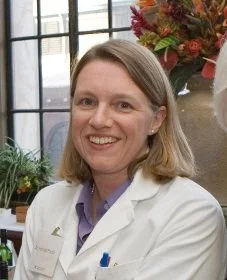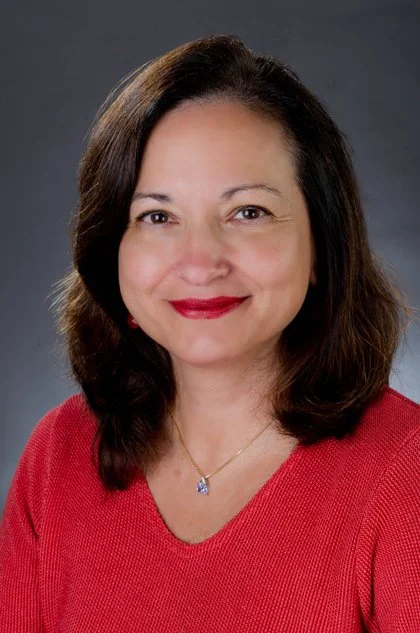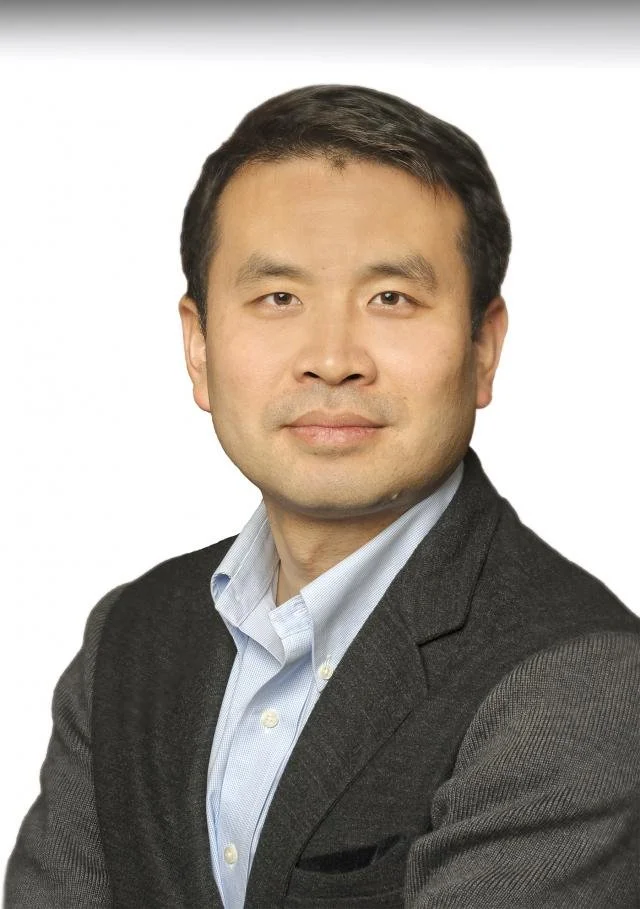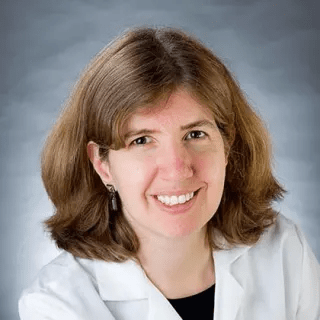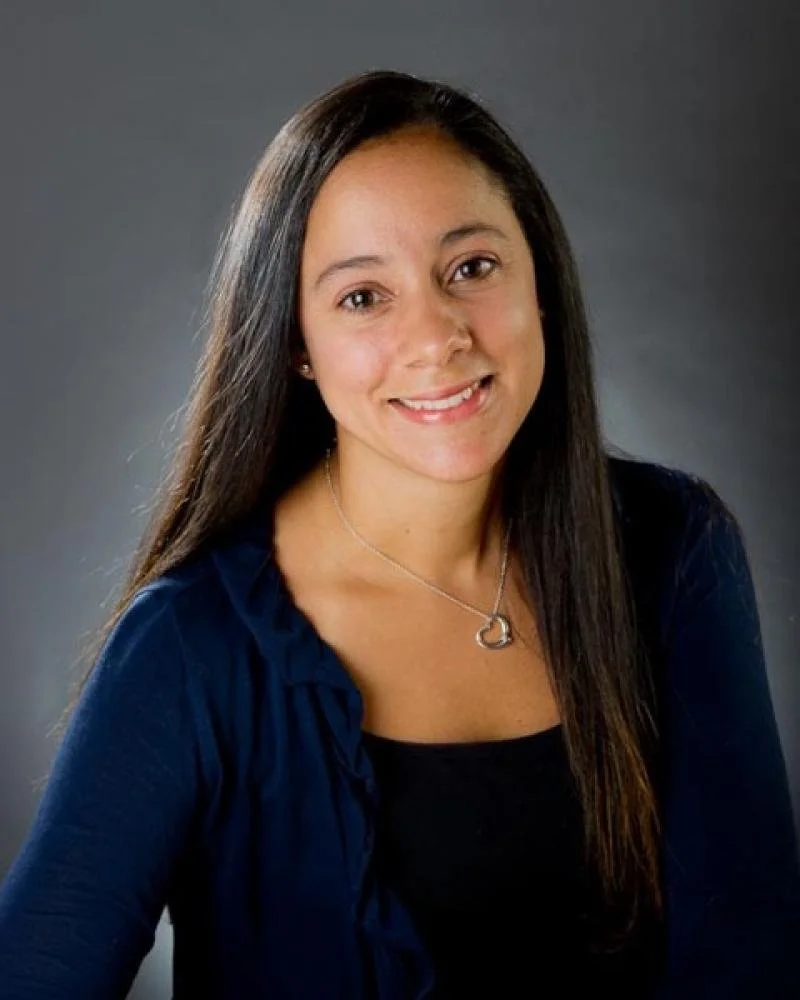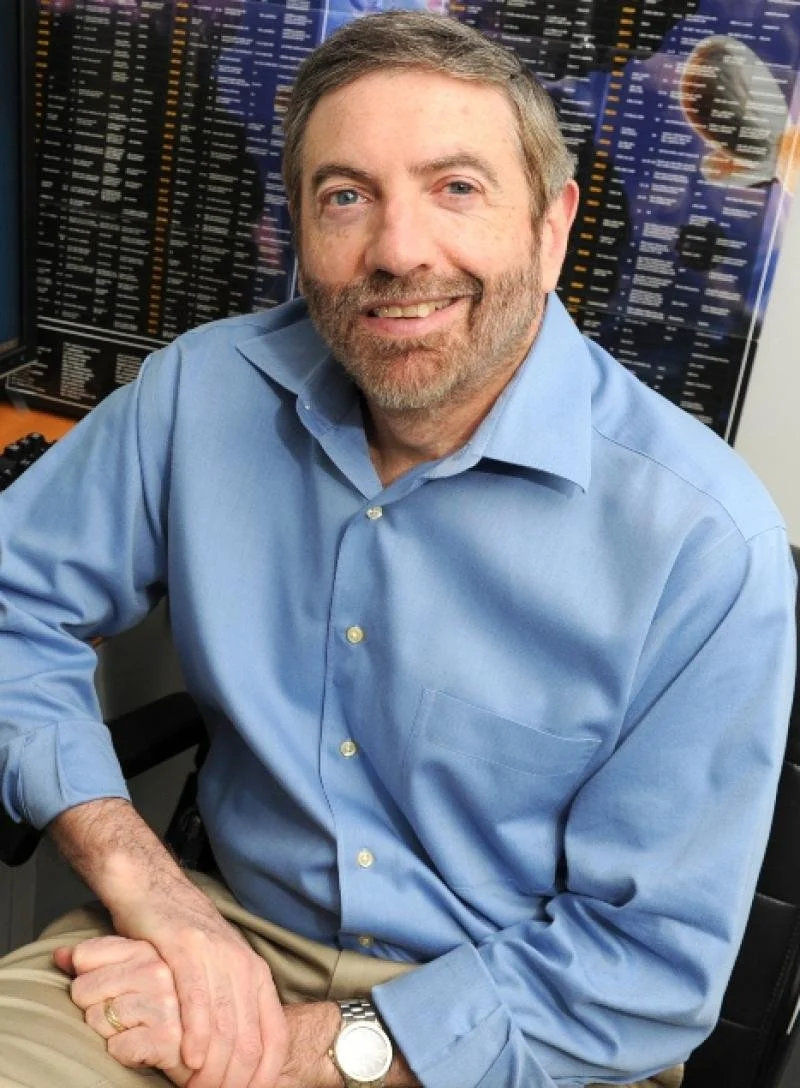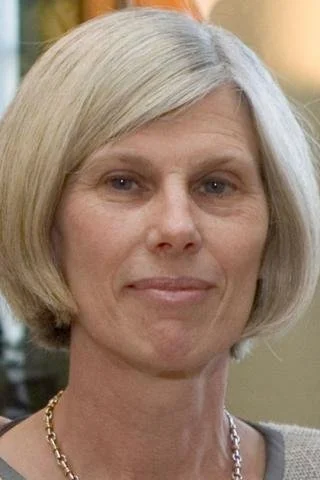Main Menu
| Welcome | Clinical Training | Research Training | Conferences | Applications | Fellows | Alumni |
Research Training
Our goal is to train future leaders in academic endocrinology. Over the course of the fellowship program, increasing research time is built in each year. An optional third year is comprised primarily of research time to allow fellows the opportunity to develop and complete research projects which were started in the 2-year ACGME program.
In the summer of their first year, fellows meet with a prominent faculty mentor to discuss research areas of interest and a list of possible members is generated. Over the next several months, fellows meet with potential research mentors to discuss projects and opportunities.
Our division has multiple, well-funded bench/translational researchers and clinical investigators for the fellows to work with, and offers funding for presentations at national meetings.
Training Program Faculty by Research Area
Please note that several mentors straddle multiple areas of expertise.
ACCILI, DOMENICO (Mentor, Diabetes & Metabolism). Dr. Accili studies the integrated pathophysiology of diabetes and the molecular genetics of insulin action and insulin control of gene transcription. Linchpin of his work is the discovery of transcriptional sensors that integrates hormone and nutrient cues to control intermediary metabolism, energy balance, and endocrine cell plasticity, establishing new concepts in insulin action, pathogenesis of insulin resistance and pancreatic β-cell failure in diabetes, and β-cell replacement through enteroendocrine progenitor cells. He has trained many fellows, some of whom are now mentors.
BILEZIKIAN, JOHN (Mentor, Metabolic Bone Disease). A leader in clinical and translational studies of primary hyperparathyroidism and bone disease, Dr. Bilezikian has trained a large number of endocrinologists who have gone on to distinguish themselves in biomedical endocrine research at academic institutions worldwide. He’s also active in numerous endocrine and bone societies and serves as editor-in-Chief of The Primer on the Metabolic Bone Diseases and Disorders of Mineral Metabolism, one of the widely used reference texts in bone in the world. He has recently received an R01 from NIDDK to study how the microbiome defines the skeletal phenotype of PHPT.
COHEN, ADI (Mentor, Metabolic Bone Disease). Dr. Cohen investigates the pathogenesis of idiopathic osteoporosis in premenopausal women, including cross-sectional studies to define clinical, hormonal, bone microstructural, and remodeling characteristics of different patient cohorts. She has conducted further investigations of circulating osteogenic progenitor cells, the growth hormone axis and body composition in this disease.
COLECRAFT, HENRY (Mentor, Diabetes & Metabolism). Dr. Colecraft has made seminal contributions to understanding regulation of CaV1/CaV2 channels by auxiliary b subunits, small G-proteins, and protein kinase A. He has developed novel methods to: manipulate and study structure-function mechanisms of CaV1.2 channels; visualize and quantify CaV channel surface trafficking using quantum dot labeling and flow cytometry; engineered novel genetically encoded CaV channel blockers; achieve selective post-translational functional knockdown of ion channels using engineered ubiquitin ligases; developed novel nanobody binders for CaVb subunits.
CREUSOT, REMI (Mentor, Diabetes & Metabolism). Dr. Creusot’s research is centered on the pathogenesis and therapy of T1D, aiming to better understand how immune tolerance to beta-cell antigens is normally mediated, how it fails in patients and how it can be reinstated by antigen-specific therapy. Current studies are focused on translational models to study the development and reactivity of human diabetogenic T cells and on preclinical models to evaluate novel approaches of inducing antigen-specific tolerance to prevent or treat T1D.
EGLI, DIETER (Mentor, Diabetes & Metabolism). Dr. Egli studies genetic variants causing beta cell dysfunction or risk of T1D using pluripotent stem cells. He has trained more than ten postdoctoral fellows, some now independent group leaders. Dr. Egli’s interests are in beta cell differentiation from pluripotent stem cells, cell cycle, genome stability, innate immunity, monogenic forms of diabetes and cell therapy.
FERRANTE, ANTHONY (Mentor, Energy Balance). Dr. Ferrante’s research focus is understanding how obesity alters adipose tissue. His laboratory originally found that changes in metabolic state activate the immune system in adipose tissue and helped establish the field of immunometabolism. His recent work has focused on the contribution of adipose tissue regulation to body weight, and of immune function to adipose tissue. Dr. Ferrante is deeply involved in training and has mentored more than a dozen trainees, most of whom are pursuing biomedical research in academia, industry and at NIH.
FREDA, PAMELA (Mentor, Neuroendocrinology). Dr. Freda examines the effect of acromegaly and its therapy on body composition, metabolic abnormalities, and adipose tissue inflammation. Acromegaly is studied as a model of GH and IGF-I excess on body composition and adipose tissue redistribution, in particular reduction of visceral adipose tissue, but increase in inter- and intra-muscular adipose tissue. Ongoing studies build on these findings and examine intra-hepatic adipose by MR spectroscopy, the role of ghrelin in body composition changes and metabolic rate, changes in inflammation and adipokines in subcutaneous adipose and inflammatory gene expression in monocytes before and after treatment of acromegaly.
HAEUSLER, REBECCA (Mentor, Diabetes & Metabolism). Dr. Haeusler’s research aims to understand metabolic and endocrine abnormalities underlying diabetes, insulin resistance, and over-nutrition. Her work has identified pathways regulating glucose, triglyceride, bile acids, and cholesterol levels, and how these pathways become disrupted in diabetes, insulin resistance, and over nutrition. She makes use of basic and clinical science to understand these pathways. She has served as the primary mentor to 24 young scientists including 4 postdocs and 3 PhD and MD/PhD students.
KORNER, JUDITH (Mentor, Energy balance). Dr. Korner studies the development of treatments for type 2 diabetes mellitus and obesity. She studies the effects of bariatric/metabolic surgery on appetite, body weight, appetitive hormones, and beta-cell function. She is also a site PI for a randomized trial of intensive medical management versus Roux-en-Y gastric bypass for the treatment of diabetes in obese adults. She has mentored several ACGME fellows and pediatric T32 fellows.
LAFERRÉRE, BLANDINE (Mentor, Energy balance). Dr. Laferrére studies endocrine regulation of appetite and metabolic changes in weight loss, with a focus on gut peptides, insulin secretion, microbiome, and metabolomics. She has studied the effect of sleep and meal timing on insulin resistance and cardiovascular risk. She is site PI of two outcome trials testing the effect of lifestyle intervention on cardiovascular in diabetes (Look AHEAD) or risk of diabetes (DPPOS).
QIANG, LI (Mentor, Diabetes & Metabolism). Dr. Qiang’s laboratory focuses on the mechanisms of adipose remodeling in the pathophysiology of obesity and aging. His work on PPARg’s transcriptional selectivity through deacetylation pave the way for the development of the next-generation insulin sensitizers with improved safety. His group has elucidated molecular pathways of adipose remodeling and pioneered depot-specific fat targeting by developing a browning microneedle patch for subcutaneous fat and a cationic strategy for visceral adiposity. He has also mentored two dozen trainees from high school students to postdocs, which has resulted in NIH and foundation fellowships, faculty positions, as well as a Regeneron Science Talent Search national finalist.
PAJVANI, UTPAL (Mentor, Diabetes & Metabolism). Dr. Pajvani’s work intersects fields of development and metabolism by study of the Notch signaling pathway. His group discovered aberrant Notch “re-activation” in hepatocytes and pancreatic beta cells in diet-induced obesity, confirmed in patient-derived specimens. Using mouse models, Dr. Pajvani’s lab found that Notch activity in these cell types provokes a cellular reprogramming leading to adverse metabolic outcomes, including beta cell failure and aberrant hepatic glucose and lipid metabolism. He is passionate about mentoring at all levels, and postdoctoral trainees have now developed independent research programs.
RUBIN, MISHAELA (Mentor, Metabolic Bone Disease). A focus of Rubin’s research is on the skeletal complications of type 2 diabetes. Another area of research focuses on the metabolic and skeletal effects of treating hypoparathyroidism. Her work on primary hyperparathyroidism found that, even though medical management is effective, vascular abnormalities related to both serum calcium and PTH levels persist.
SOFFER, GISSETTE (Mentor, Diabetes & Metabolism) Dr. Soffer examines metabolic pathways that regulate lipid and lipoprotein metabolism in humans with a focus on lipoprotein(a), a causal risk factor for atherosclerotic cardiovascular disease. She has extensive experience in the design of human clinical studies and the use of highly specific and innovative methods to analyze secretion and clearance of isotope-labeled proteins.
TABAS, IRA (Mentor, Diabetes & Metabolism). Dr. Tabas directs a basic and translational research laboratory studying the role of macrophages in atherosclerosis. He’s involved in many educational activities, including lectures to students and trainees on mechanisms of atherosclerosis and treatment of atherosclerotic heart disease. He has trained many pre- and post-doctoral fellows and serves as Associate Director of the MSTP. As Vice-Chair for Research in the Department of Medicine, he plays a major role in career development and mentoring for young faculty.
WALKER, MARCELLA (Mentor, Metabolic Bone Disease). Dr. Walker’s research focuses on metabolic bone disease. She investigated racial differences in skeletal microstructure and the genetics of underlying differences. She also studies classical (skeletal and renal) and non-classical (vascular, neurological and psychiatric) manifestations of primary hyperparathyroidism. These studies provided insight into bone quality indices, including biochemical, microarchitectural and biomechanical measures.
WARDLAW, SHARON (Mentor, Neuroendocrinology). Dr. Wardlaw’s research has centered on Neuroendocrinology and the hypothalamic regulation of energy balance, with a focus the regulation of POMC gene expression and peptide processing in the hypothalamus and on the physiology of the brain POMC-derived peptides. She demonstrated that POMC is regulated in hypothalamus by sex steroids in rodents and primates and that this is important in regulating the pituitary–gonadal axis. She has used pharmacological and genetic models to study POMC processing and the role of the melanocortin system in regulating energy balance, glucose metabolism and neuroendocrine function in the rodent.
Junior Mentors
Junior mentors will mentor trainees only in conjunction with a more senior mentor. The specific senior-junior mentor pairs may vary depending on the project and trainee interests, but will typically be as follows: Cook-Pajvani; McKimpson-Accili; Page-Wilson-Wardlaw. These pairings reflect long-standing collaborations, and a commitment to ongoing mentorship even among faculty.
COOK, JOSHUA (Mentor, Diabetes & Metabolism). Dr. Cook leads a trio of clinical/translational studies on the impact of hyperinsulinemia on glucose and fat metabolism in the liver. His previous work in preclinical models has reinforced the concept that hepatic insulin resistance more potently affects glucose production than triglyceride synthesis. He is currently mentoring a postdoctoral research scientist, in concert with Dr. Pajvani.
MCKIMPSON, WENDY (Mentor, Diabetes & Metabolism). Dr. McKimpson investigates fundamental signaling mechanisms of hormone-secreting cells, particularly gastric endocrine cells and pancreatic beta-cells, in the pathophysiology of diabetes and obesity. The goal of this research is to delineate molecular regulators of cell abundance and identity that are altered with disease and connect these perturbations to metabolic physiology. Dr. McKimpson is passionate about mentoring the next generation of scientists and has trained 6 high school and undergraduate students, 4 Ph.D. students, and 4 medical students.
PAGE-WILSON, GABRIELLE (Mentor, Neuroendocrinology). Dr. Page-Wilson’s research focuses on diagnosis and treatment of functional pituitary tumors (including prolactin and ACTH-secreting adenomas) and on the regulation of energy balance in pregnancy and states of hormonal excess. She is actively evaluating novel biomarkers in the long-term evaluation and metabolic appraisal of the syndrome. In the process, she established a carefully characterized Cushing’s cohort, banking inferior petrosal sinus samples and longitudinally collected samples prior to and following treatment. Collaborations with other mentors: Wardlaw (neuroendocrine assessment of Cushing’s disease); Freda (metabolic sequelae of Cushing’s disease).

